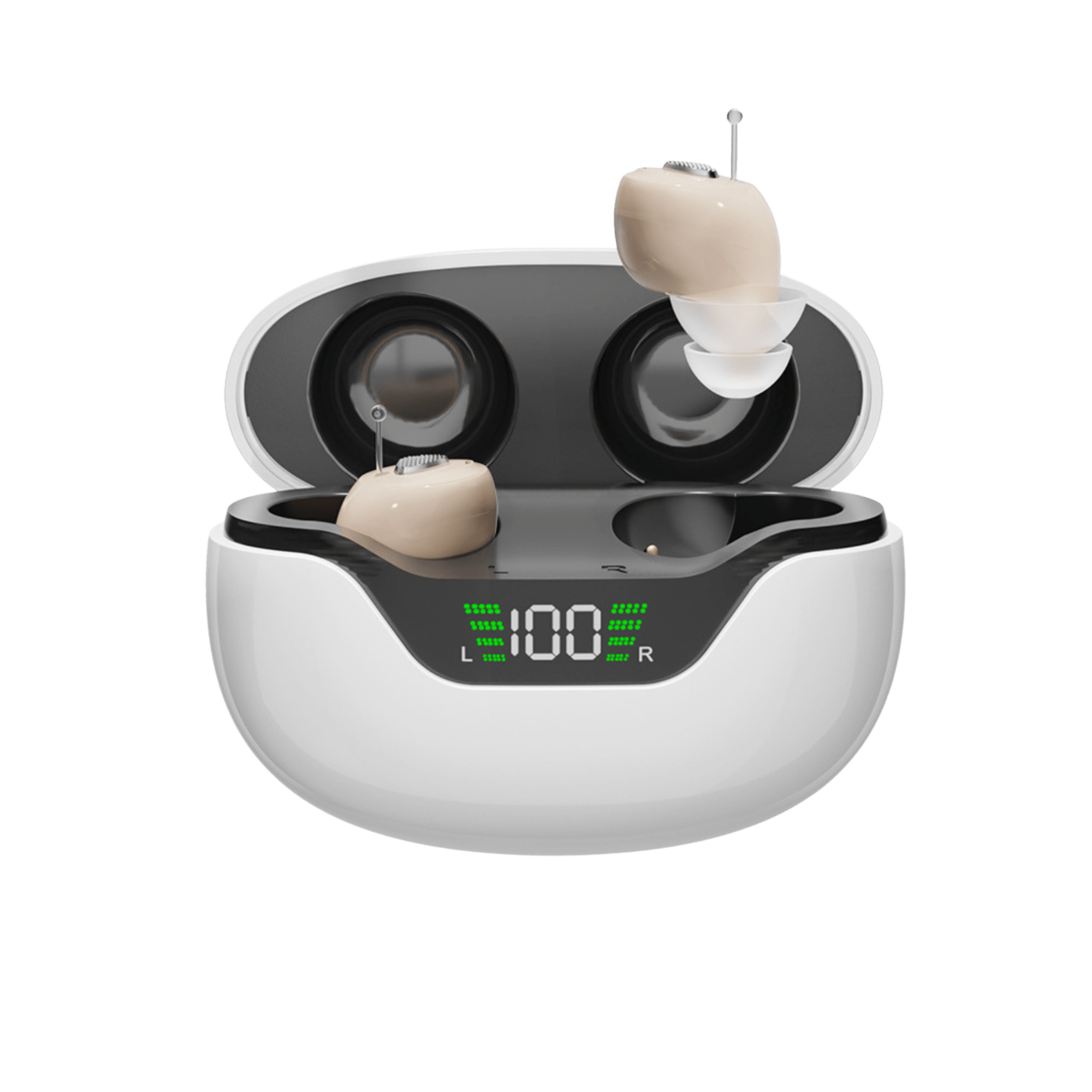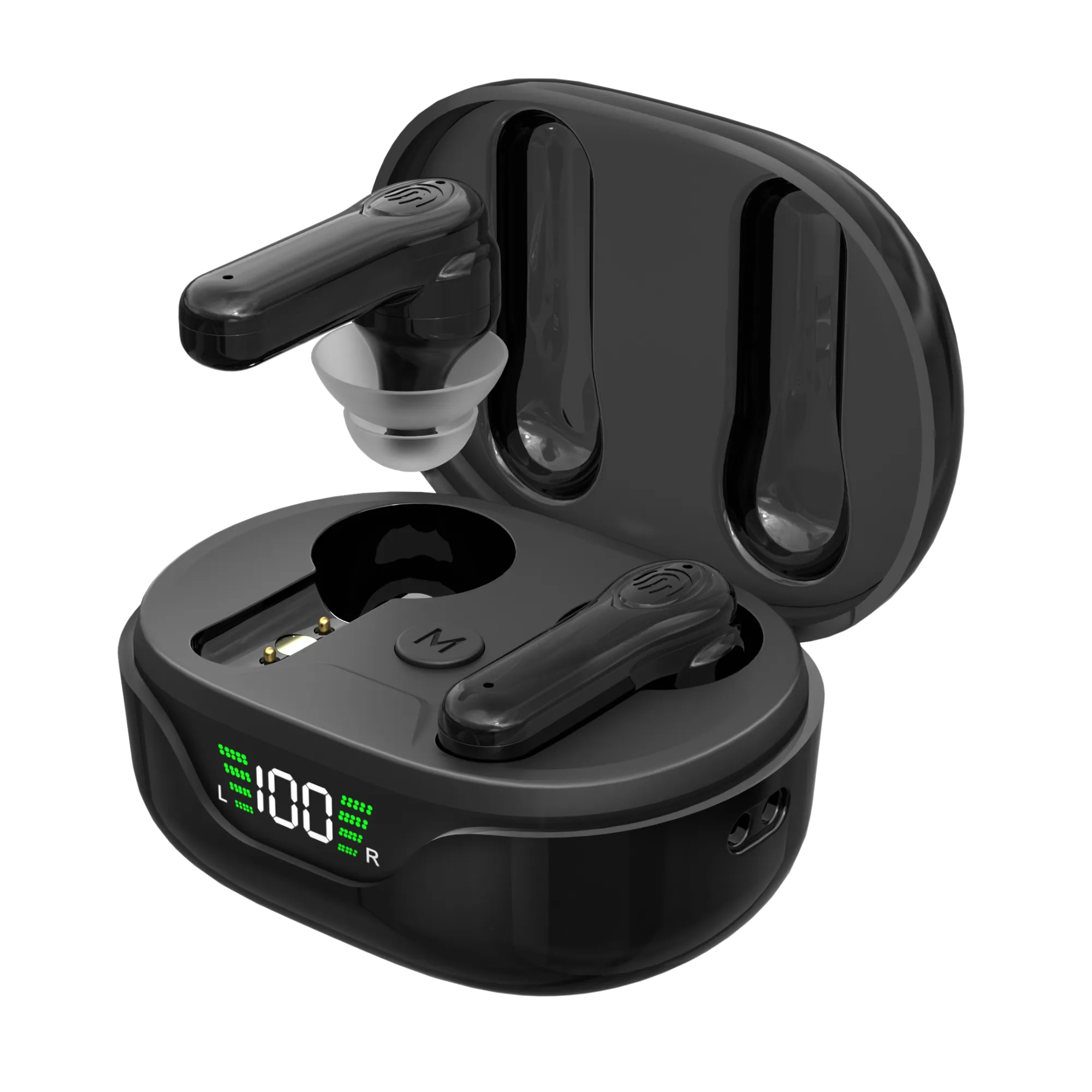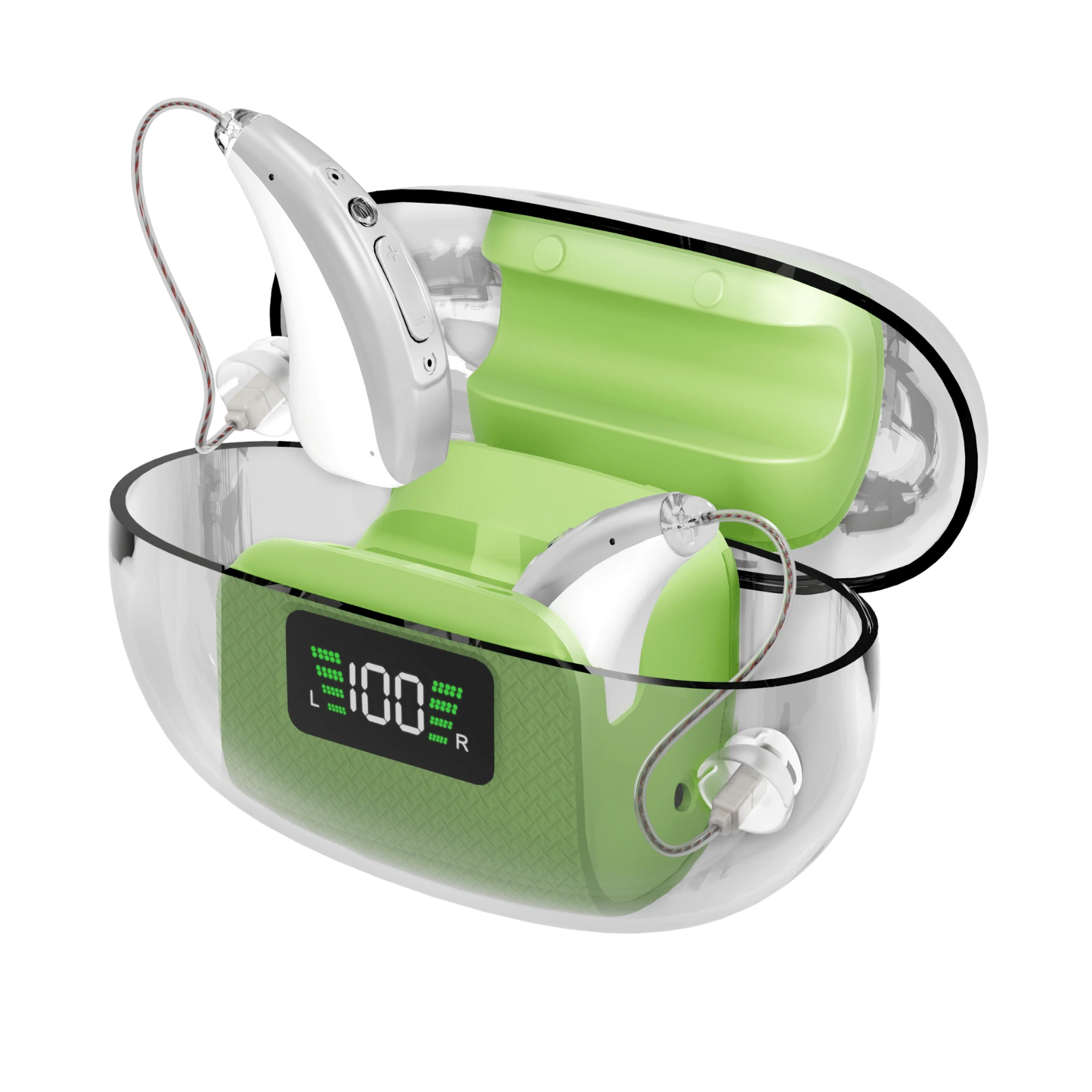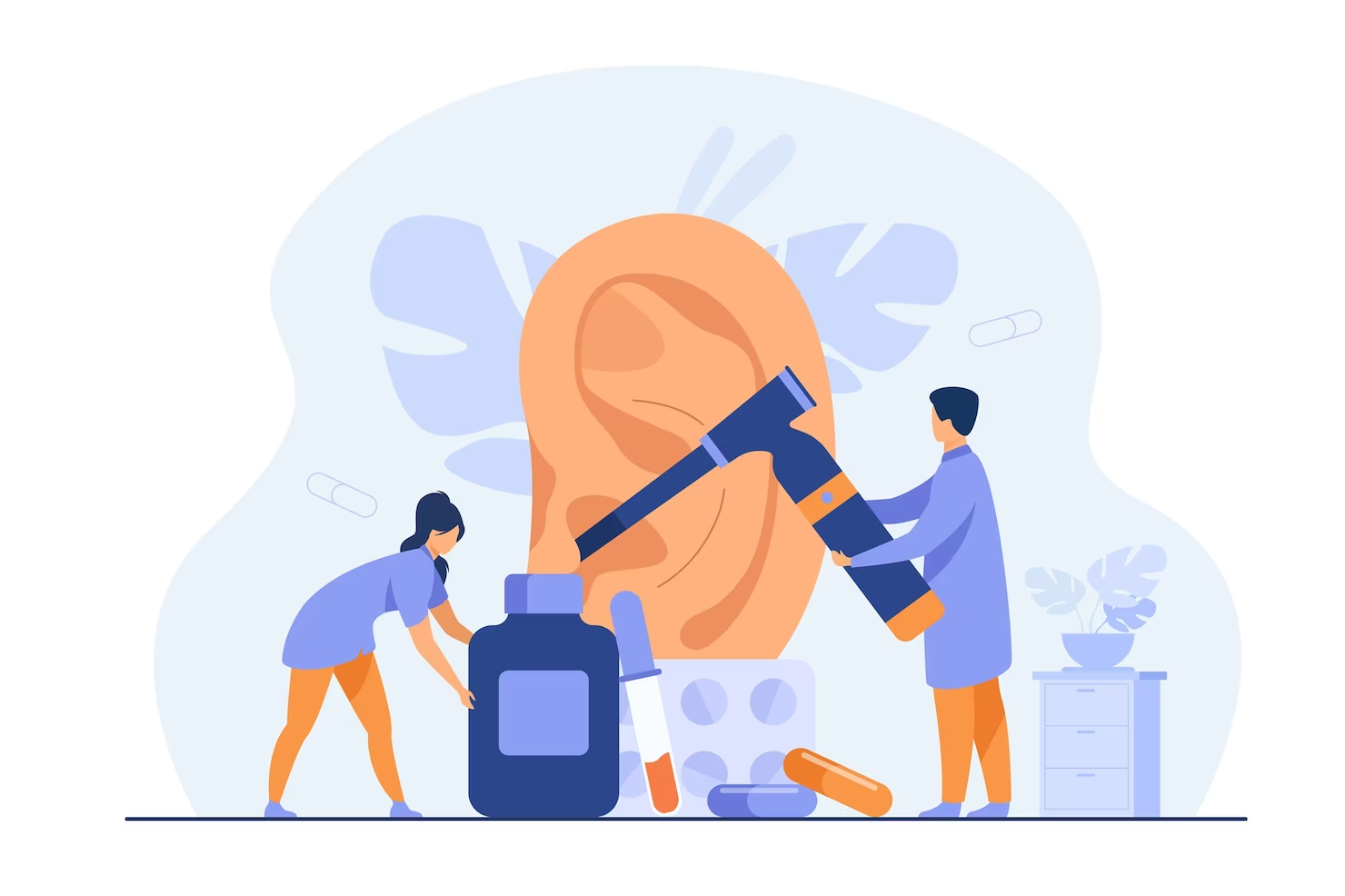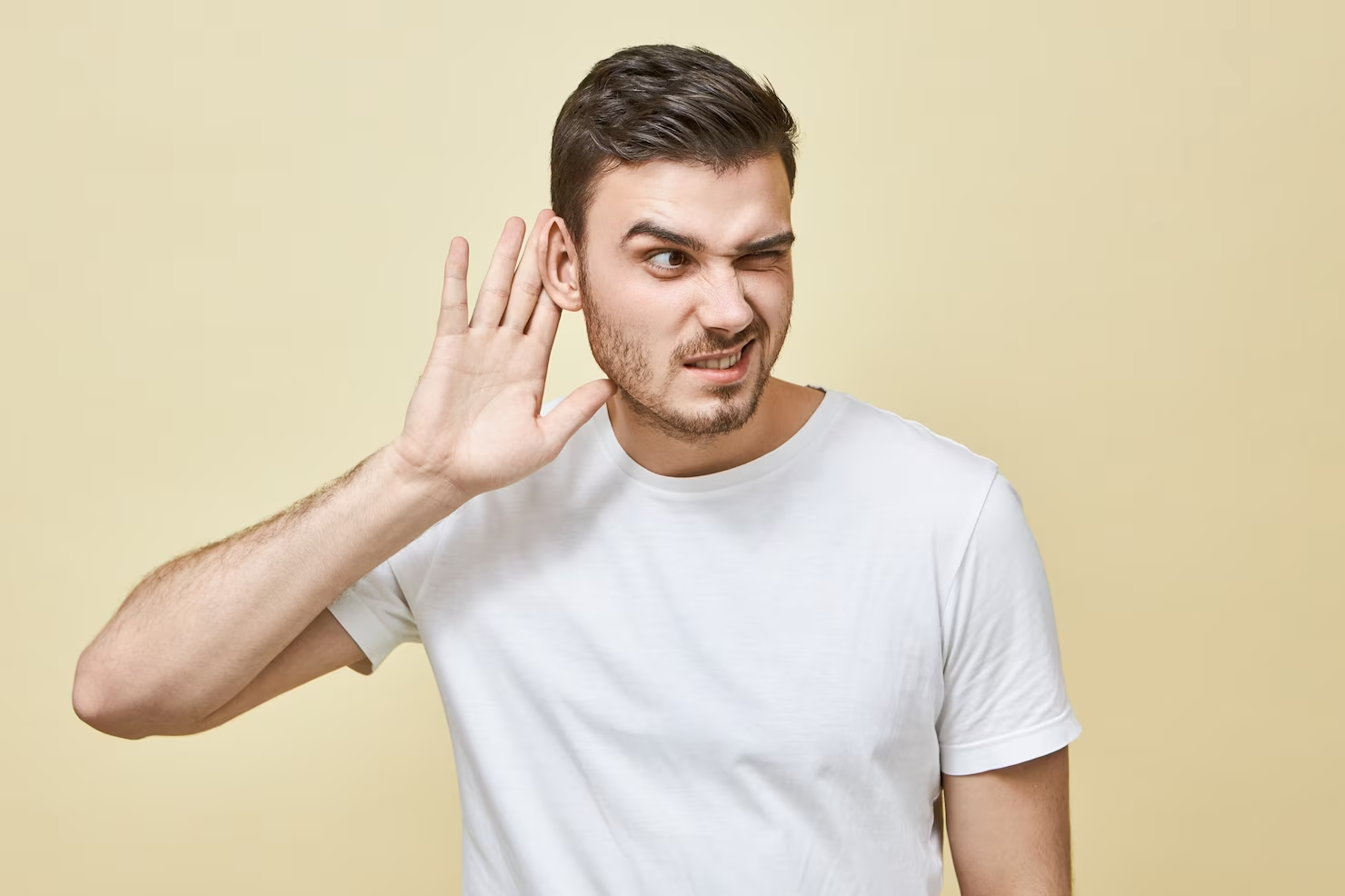Hearing aids are important tools that give people with hearing loss more independence by improving their ability to hear and their quality of life. As technology keeps getting better, there are always new models and functions on the market. This brings up a key question: Can hearing aids be used more than once? Reusing hearing aids can be an interesting and important topic in the quest for sustainable and responsible consumption.
There are many ways to answer the question of whether hearing aids can be used again. Even though the gadgets themselves can sometimes be used by different people, there are important things to think about and limits to keep in mind.
Things that affect how often hearing aids can be used
Customization: Hearing aids are very unique gadgets that are made to fit the hearing needs of each person. They are set up based on what audiologists find out when they do full hearing tests on people. So, replacing a hearing aid without making the right adjustments for a new user might not give the best hearing experience.
Hearing aid technology keeps getting better and better, and new features, better speed, and better user experiences are being added all the time. If you use older models, they might not work as well or have as many benefits as modern ones.
Warranty and Repairs: Most hearing aids come with warranties and repair services that are only good for the first person who bought them. If you use a hearing aid more than once, it could void the guarantee and make it harder to get it fixed.
Reusing Hearing Aids: Things to Think About and What You Can't Do
Even though it may be hard to reuse hearing aids directly for different people due to customization and technology, there are times when they can be used for something else or returned in a responsible way:
1.Within the Same Person: Hearing aids can often be reset or changed to fit the changing hearing needs of the same person. For example, if the user's hearing has changed, the hearing aid can be tweaked or reprogrammed to meet the new needs. This can make the device last longer and put off the time when it needs to be replaced.
2. Within a Family or Close Circle: If a family member or close friend has a similar type and level of hearing loss, it may be possible to use the same hearing aid after making the right adjustments. An audiologist should be consulted and make adjustments to make sure that this method works and helps the most people.
3. Donating to a charity: Many charities and foundations will accept used hearing aids as gifts. These groups often have programs to fix up the hearing aids and give them to people who need them but can't afford them. Donating working hearing aids can make a big difference in someone's life for the better.
4. Recycling Programs: There are recycling programs in place at some hearing aid makers and audiology clinics. These programs try to get rid of or recycle old hearing aids in a way that is good for the environment and gets the most use out of any useful parts and materials.
How important it is to get help from professionals
When thinking about reusing hearing aids or getting rid of them properly, it is important to get advice from an audiologist or other hearing healthcare provider. These experts know how to figure out if a hearing aid will work for a person and if it will work well with them. They can also tell you about donation programs, recycling programs, and other environmentally friendly choices in your area.
Putting money into new hearing aids
Reusing hearing aids can be a sustainable choice in some cases, but it's important to stress how important it is to buy new devices when they're needed. Hearing aids continue to get better in terms of how they work, what benefits they have, and how they feel to use. New devices have better sound quality, make it easier to understand speech, and make it easier to connect to other devices. This makes sure that everyone has access to the latest advances in hearing healthcare.
Conclusion
Hearing aids can be used more than once in certain situations, like when they are adjusted for the same person or when they are used in a close group. Other responsible and sustainable things to do are to give hearing aids to charities or take part in recycling programs.
But it's important to know the limits and things to think about when reusing hearing aids, such as the need for customization and changes in technology. It's important to get help from people who work in hearing health care to make sure the tuning is right and the performance is at its best.
In the end, the goal is to find a mix between being environmentally friendly and giving people the best hearing care possible. By making well-informed choices and using the knowledge of professionals, we can help make the future more sustainable and make sure that people with hearing loss have access to the best and most up-to-date hearing aids.
There are many ways to answer the question of whether hearing aids can be used again. Even though the gadgets themselves can sometimes be used by different people, there are important things to think about and limits to keep in mind.
Things that affect how often hearing aids can be used
Customization: Hearing aids are very unique gadgets that are made to fit the hearing needs of each person. They are set up based on what audiologists find out when they do full hearing tests on people. So, replacing a hearing aid without making the right adjustments for a new user might not give the best hearing experience.
Hearing aid technology keeps getting better and better, and new features, better speed, and better user experiences are being added all the time. If you use older models, they might not work as well or have as many benefits as modern ones.
Warranty and Repairs: Most hearing aids come with warranties and repair services that are only good for the first person who bought them. If you use a hearing aid more than once, it could void the guarantee and make it harder to get it fixed.
Reusing Hearing Aids: Things to Think About and What You Can't Do
Even though it may be hard to reuse hearing aids directly for different people due to customization and technology, there are times when they can be used for something else or returned in a responsible way:
1.Within the Same Person: Hearing aids can often be reset or changed to fit the changing hearing needs of the same person. For example, if the user's hearing has changed, the hearing aid can be tweaked or reprogrammed to meet the new needs. This can make the device last longer and put off the time when it needs to be replaced.
2. Within a Family or Close Circle: If a family member or close friend has a similar type and level of hearing loss, it may be possible to use the same hearing aid after making the right adjustments. An audiologist should be consulted and make adjustments to make sure that this method works and helps the most people.
3. Donating to a charity: Many charities and foundations will accept used hearing aids as gifts. These groups often have programs to fix up the hearing aids and give them to people who need them but can't afford them. Donating working hearing aids can make a big difference in someone's life for the better.
4. Recycling Programs: There are recycling programs in place at some hearing aid makers and audiology clinics. These programs try to get rid of or recycle old hearing aids in a way that is good for the environment and gets the most use out of any useful parts and materials.
How important it is to get help from professionals
When thinking about reusing hearing aids or getting rid of them properly, it is important to get advice from an audiologist or other hearing healthcare provider. These experts know how to figure out if a hearing aid will work for a person and if it will work well with them. They can also tell you about donation programs, recycling programs, and other environmentally friendly choices in your area.
Putting money into new hearing aids
Reusing hearing aids can be a sustainable choice in some cases, but it's important to stress how important it is to buy new devices when they're needed. Hearing aids continue to get better in terms of how they work, what benefits they have, and how they feel to use. New devices have better sound quality, make it easier to understand speech, and make it easier to connect to other devices. This makes sure that everyone has access to the latest advances in hearing healthcare.
Conclusion
Hearing aids can be used more than once in certain situations, like when they are adjusted for the same person or when they are used in a close group. Other responsible and sustainable things to do are to give hearing aids to charities or take part in recycling programs.
But it's important to know the limits and things to think about when reusing hearing aids, such as the need for customization and changes in technology. It's important to get help from people who work in hearing health care to make sure the tuning is right and the performance is at its best.
In the end, the goal is to find a mix between being environmentally friendly and giving people the best hearing care possible. By making well-informed choices and using the knowledge of professionals, we can help make the future more sustainable and make sure that people with hearing loss have access to the best and most up-to-date hearing aids.

